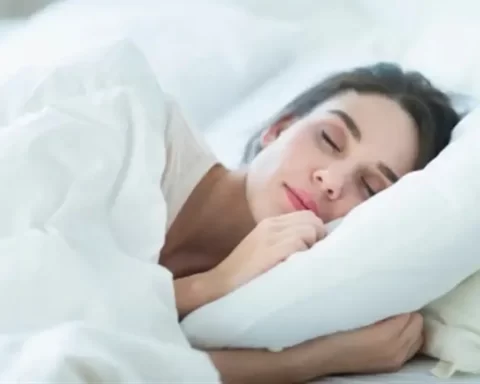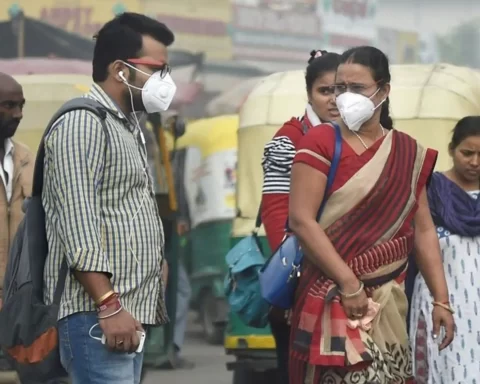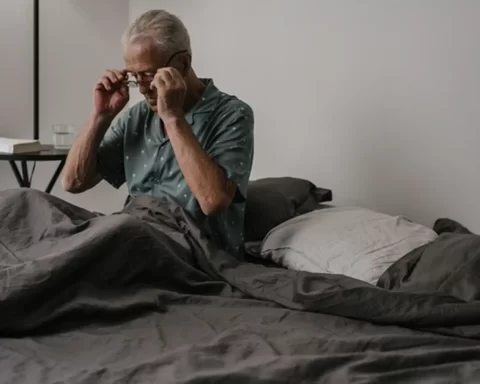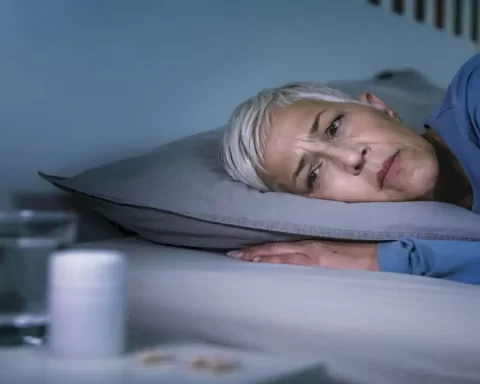New Delhi, November 15, 2023: Not getting enough sleep is linked with many chronic diseases and conditions, including type 2 diabetes, heart disease, obesity and depression. It also notes that “11% Indian adults with men at higher 13% compared to women 5% that they usually get less than the recommended amount of sleep,” According to AIIMS New Delhi’s research.
Sleep apnea is among the long list of disruptors preventing healthy, continuous sleep in many adults. But what exactly is this common condition? What are the symptoms? And how can you tell if sleep apnea is the reason behind your poor sleep? Read on to find out.
What is sleep apnea?
Sleep apnea is “a common disorder in which breathing is interrupted repeatedly during sleep,” says Melissa Lipford, M.D., a neurologist at Mayo Clinic, Rochester. The AIIMS New Delhi estimates that about 104 million people in India have sleep apnea, but only few people have been diagnosed with the condition.
-
Waking up with a headache
-
Excessive tiredness during the day
-
Loud snoring
-
Making gasping or choking noises
-
Breathing, stopping and starting
What is the main cause of sleep apnoea?
According to the experts, many things can link to sleep apnoea, such as:
-
Smoking
-
Obesity
-
Family history
-
Age
-
A larger neck
Getting a diagnosis
If you suspect you or your partner has sleep apnoea, seek help from your doctor. They may refer you to a sleep clinic, where you’ll receive equipment to monitor your breathing and heart rate while you sleep overnight. The test results will determine if you have sleep apnoea and its severity.
How do you fix sleep apnoea?
Here are some lifestyle changes you can make daily to help ease the strain of sleep apnoea and insomnia at night:
-
Exercising regularly
-
Losing weight
-
Spending plenty of time outdoors and in natural light – a simple walk outdoors can be hugely beneficial to your physical and mental health
-
Avoid drinking alcoholic beverages, or tea and coffee containing caffeine, later in the day as these can negatively affect your sleep quality
The experts recommends adults get between seven and nine hours of sleep a night. Habitually missing out on that is well known to increase the risk of several health problems, including diabetes, heart disease and dementia.
Top tips to get the best sleep possible
- Tire yourself out during the day by keeping busy and active – but make sure to take it easy towards bedtime.
- Don’t take naps during the day
- It always pays to have an ingrained night-time routine, and to make sure your bedroom is nice and relaxing. This can be achieved by thick curtains or maybe blackout blinds, a comfortable room temperature and cosy bedding. Make sure not to use any electronic devices in bed
- Cut down or, better still, eliminate caffeine and alcohol in the evening
- It is impossible to force yourself to sleep. This is why experts advise the slumber-challenged to get up and do something relaxing for a while, such as reading a book. This will eventually make you feel sleepy
- If you work antisocial shifts, it can be a good idea to enjoy a short nap before your first shift in a run of nights to help with the transition. If you are coming off nights, try a little nap to see you through and then have an early night





